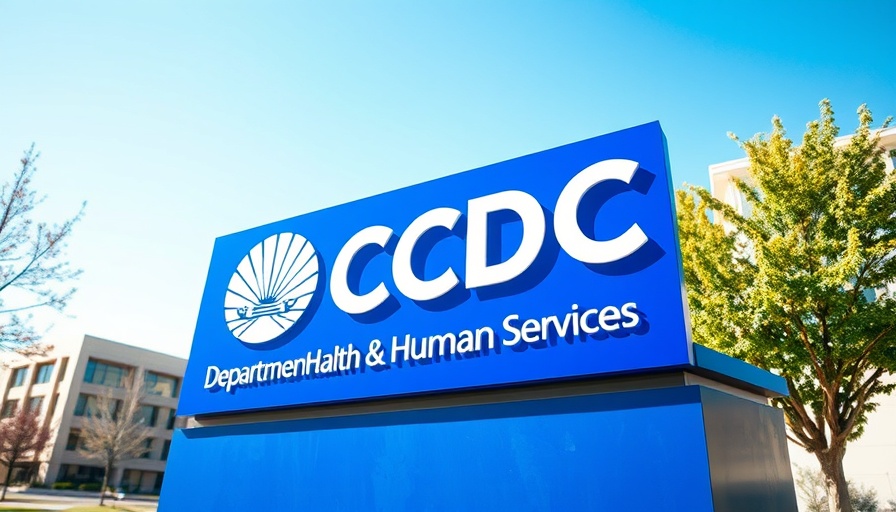
A Widespread Health Crisis: Salmonella Outbreak Linked to Popular Egg Brand
A recent salmonella outbreak linked to eggs from August Egg Company has affected dozens of people across seven states. This alarming situation has raised considerable concerns regarding food safety standards and their implications for businesses involved in the food supply chain. The outbreak illustrates how interconnected the food system is, with consumers increasingly demanding organic and cage-free options, pushing companies to adapt rapidly.
The Scope of the Outbreak: Understanding the Impact
The Centers for Disease Control and Prevention (CDC) has reported over 40 confirmed cases associated with this outbreak, affecting states like Pennsylvania, Virginia, and Ohio. Individuals experiencing symptoms such as diarrhea, fever, and abdominal cramps should seek medical attention, especially if they have purchased eggs from the implicated brand. This situation underscores the importance of maintaining robust safety protocols within the food industry, which is particularly vital for local businesses striving to establish credibility in a competitive market.
Why Transparency Matters in the Food Supply Chain
In an era where consumers are more health-conscious and environmental sustainability is critical, transparency in sourcing and manufacturing processes is essential. Companies, especially startups in the tech and food sectors, must emphasize corporate social responsibility by ensuring their products are not only safe but also comply with environmental standards. Failing to prioritize these aspects could lead to reputational damage that could hinder business growth and customer trust.
Consumer Behavior Trends and Safety Considerations
In light of the salmonella outbreak, the public's perception of food safety and sourcing practices will likely shift toward more stringent standards and demand for greater accountability from companies. Consumers may now prefer brands that prioritize transparency and safety above all, which could affect buying habits, particularly in the organic and specialty food segments. Organizations that can respond effectively to these concerns may better position themselves in the marketplace.
Lessons for Local Businesses: Prioritizing Safety and Compliance
The outcomes of such outbreaks signal an urgent call for businesses to bolster their food safety compliance measures. Companies should invest in regular inspections and update policies to align with the latest health guidelines. Startups in the Bay Area should take particular note, given the vibrant but competitive nature of the local economy. Critical to success is a proactive approach which not only addresses potential crises like salmonella outbreaks but also reinforces a brand's commitment to safety, sustainability, and consumer well-being.
As this situation unfolds, businesses across the industry must keep informed and prepared to adapt to new realities and consumer expectations driven by such health crises. Are you keeping up with the latest food safety standards? It’s time to review your practices and ensure compliance.
 Add Row
Add Row  Add
Add 



Write A Comment